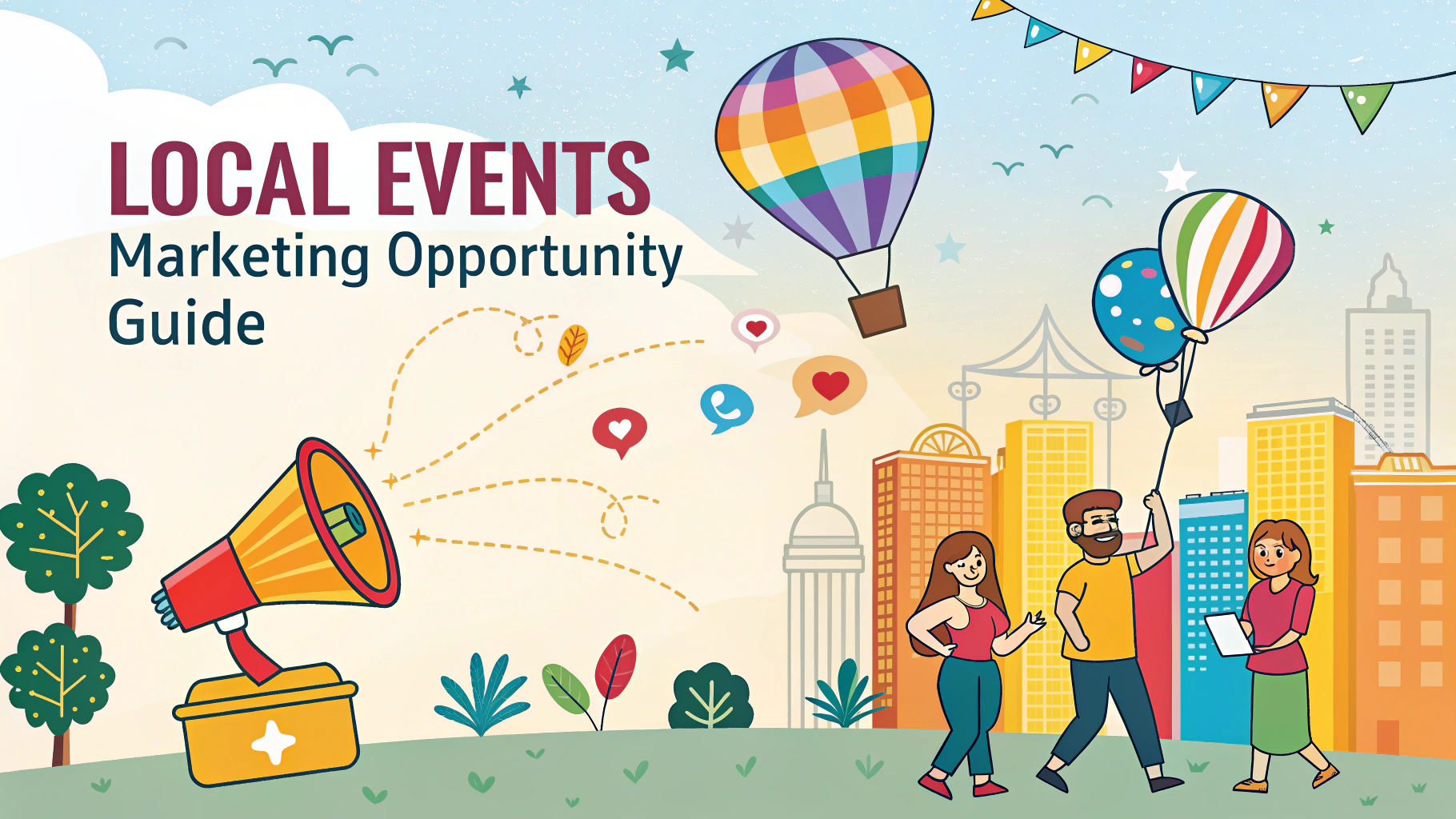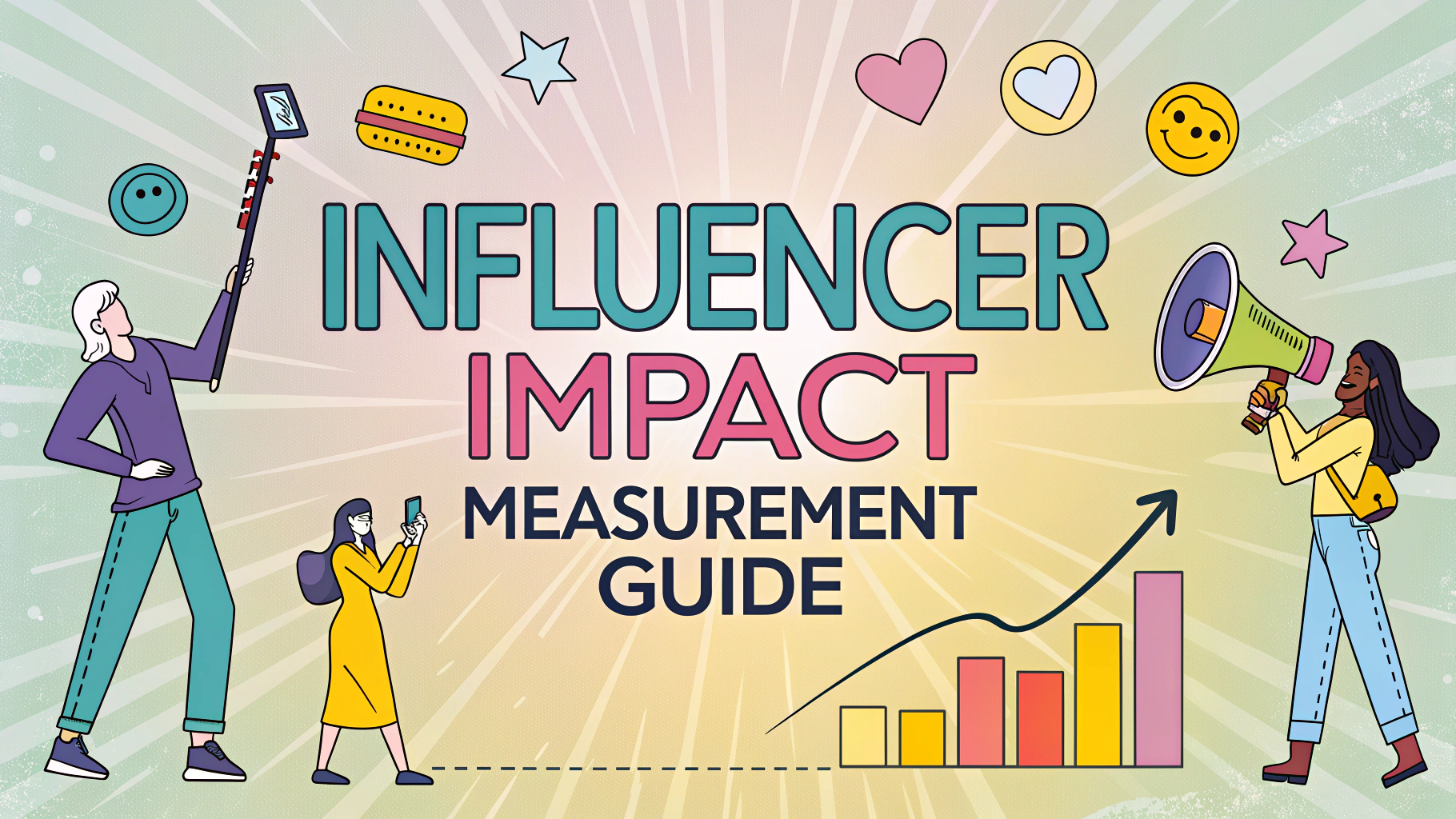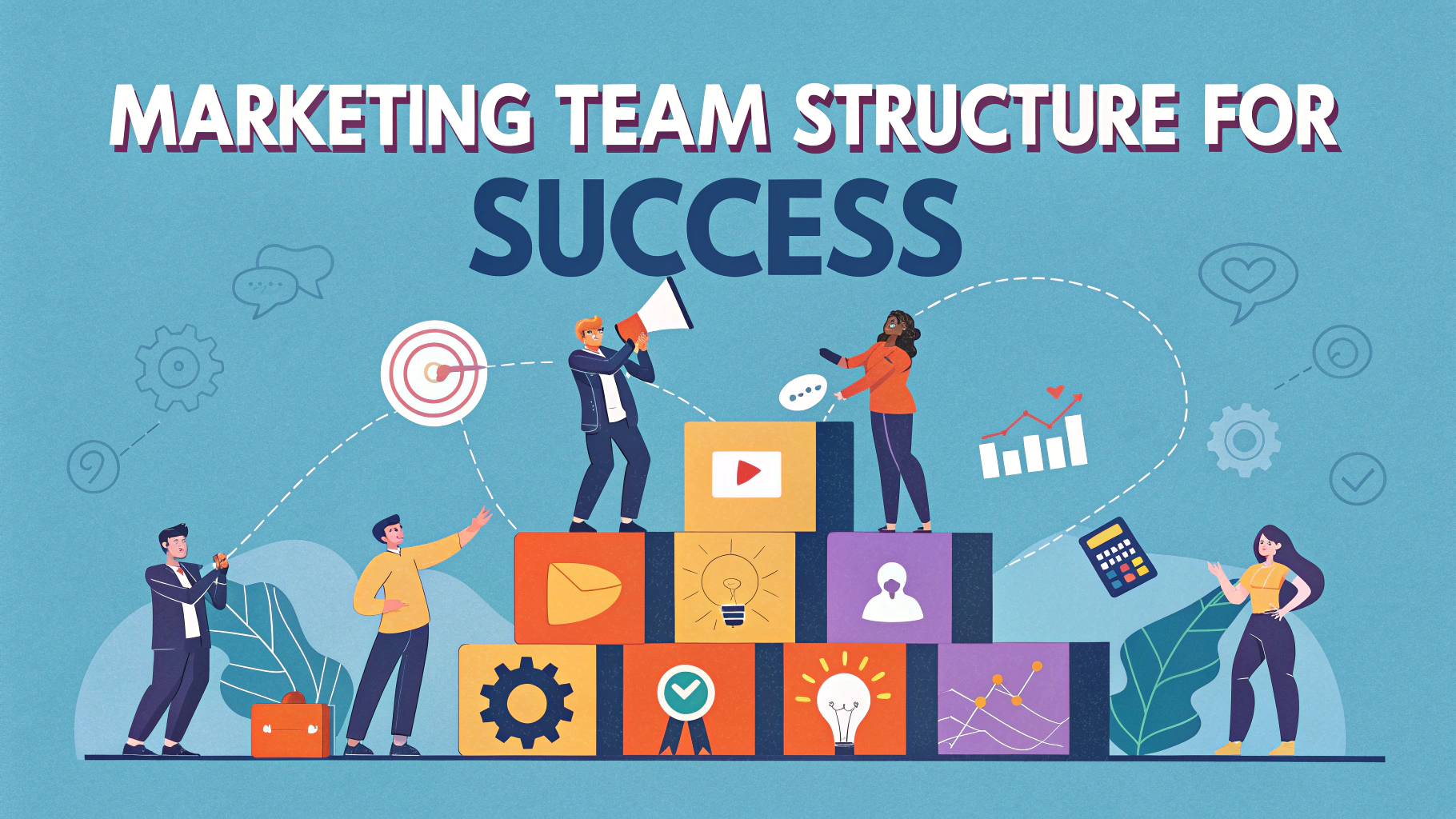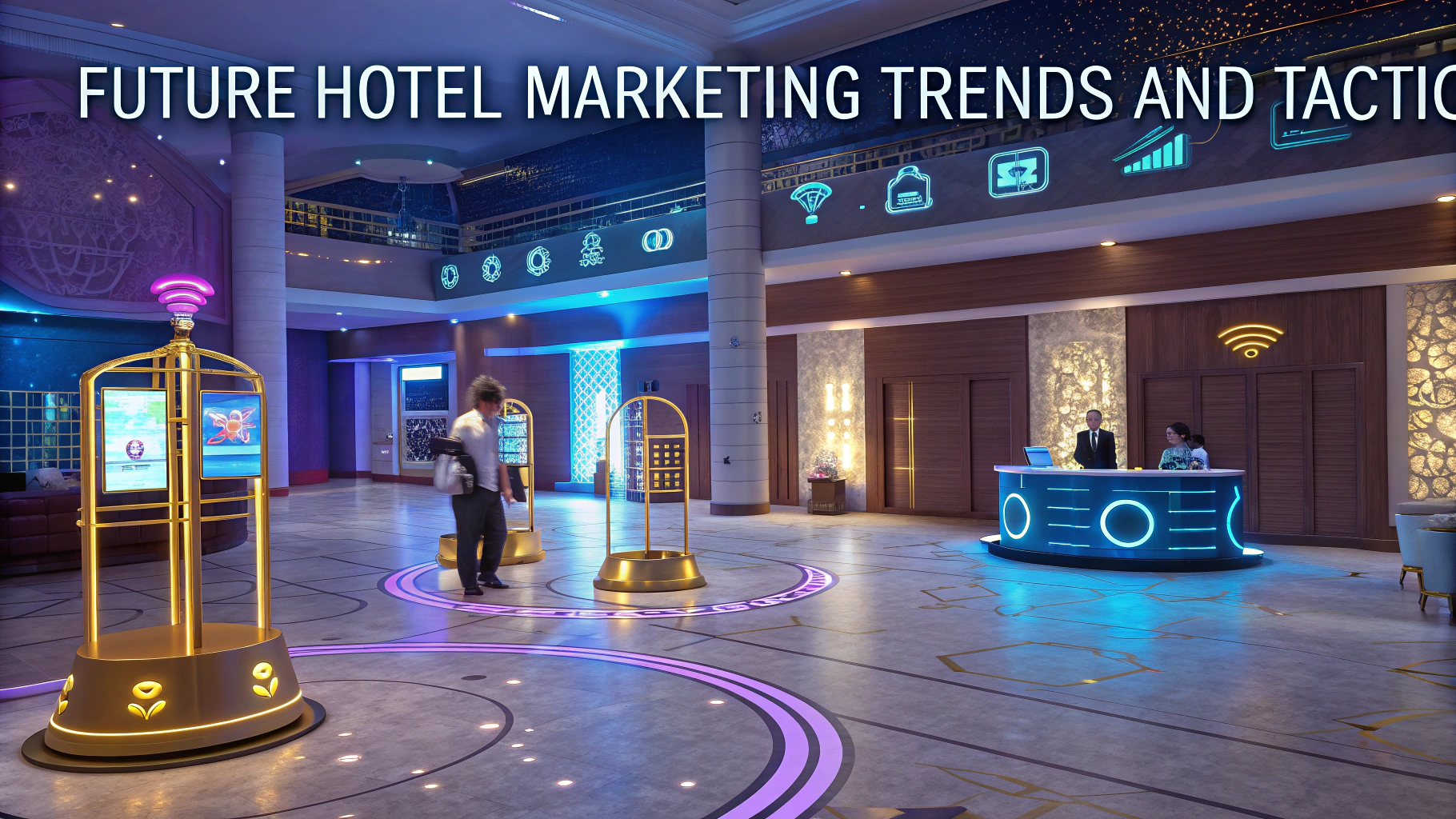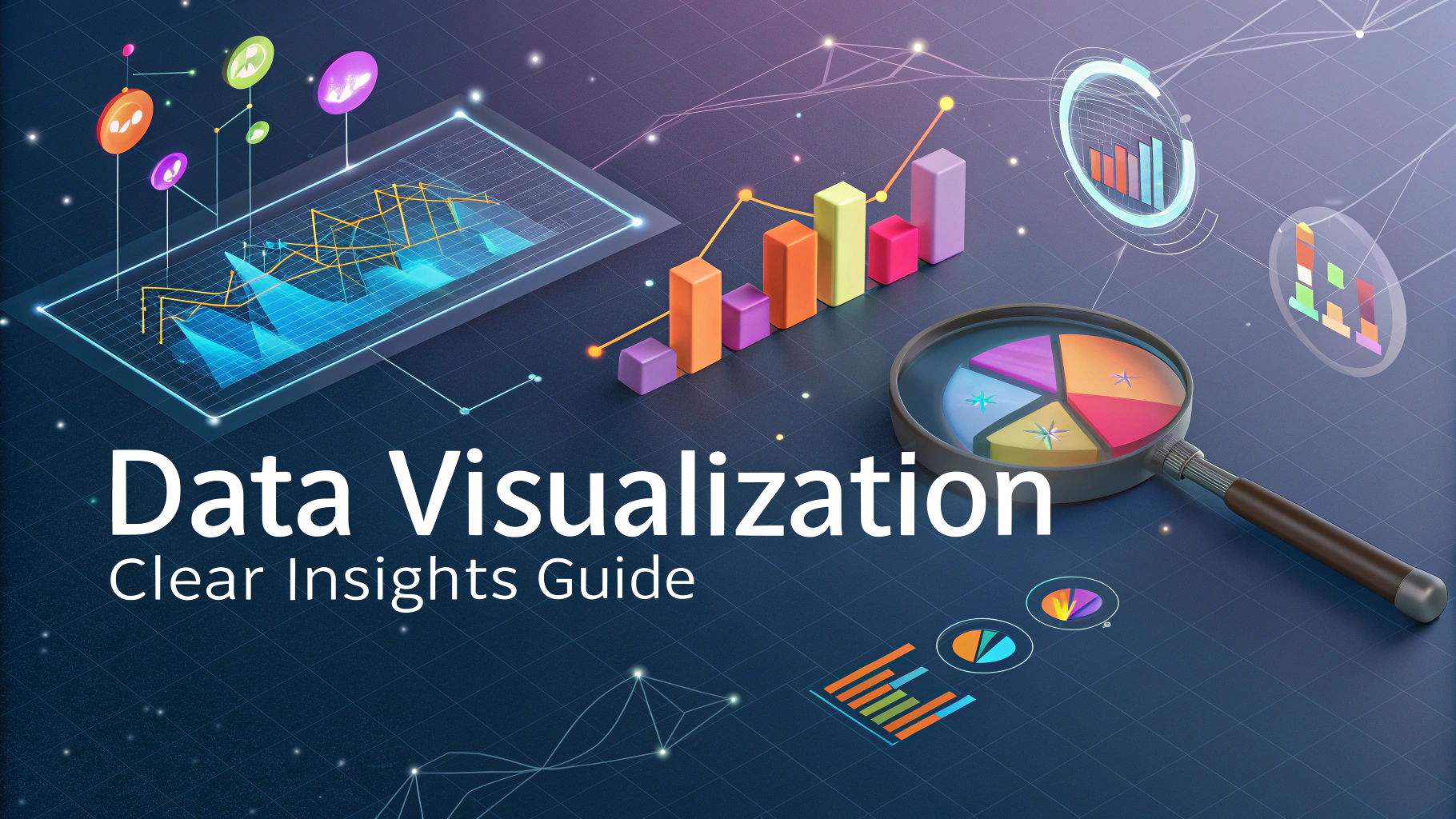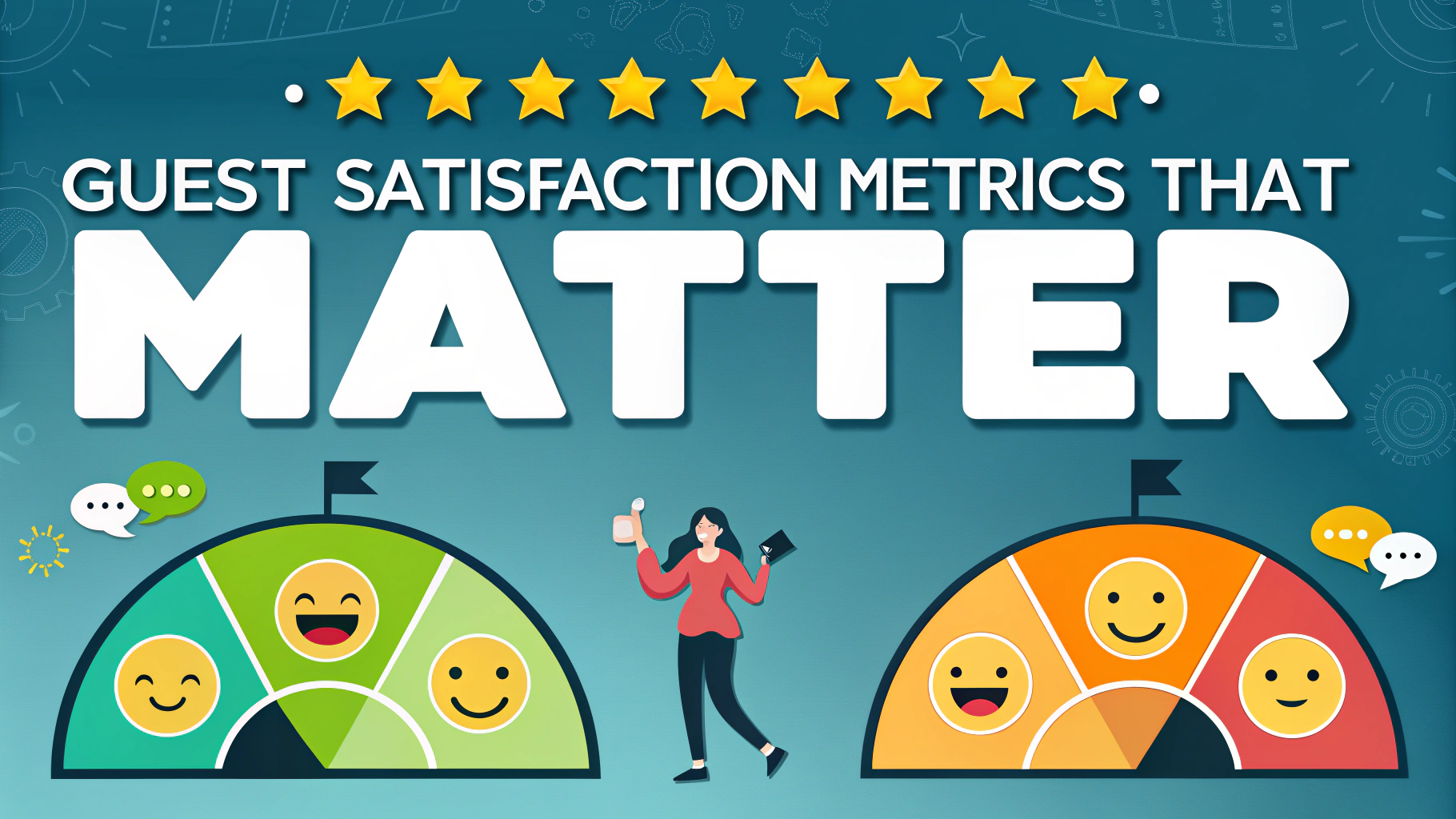Hotel marketing shapes the success of properties in an increasingly competitive hospitality landscape.
Modern travelers expect personalized experiences, seamless digital interactions, and authentic connections with their chosen accommodations.
This guide explores effective hotel marketing strategies that drive bookings, increase revenue, and build lasting guest relationships.
Digital Marketing Foundations
A mobile-optimized website serves as the cornerstone of hotel digital marketing success.
- Professional photography showcasing rooms, amenities, and experiences
- Clear booking interface with real-time availability
- Local area information and attraction guides
- Guest reviews and testimonials
- Direct booking incentives
Social Media Strategy
Visual platforms like Instagram and Pinterest excel at showcasing hotel experiences.
| Platform | Content Focus |
|---|---|
| Room features, amenities, local experiences | |
| Events, promotions, community engagement | |
| Corporate updates, business travel packages |
Email Marketing Automation
Targeted email campaigns maintain guest relationships throughout the booking journey.
- Pre-stay welcome messages with check-in information
- Post-stay feedback requests
- Seasonal promotions and special offers
- Loyalty program updates
Search Engine Optimization (SEO)
Local SEO helps hotels appear in relevant search results for their area.
- Optimize Google Business Profile
- Create location-specific landing pages
- Build local backlinks
- Maintain consistent NAP (Name, Address, Phone) information
Data-Driven Decision Making
Analytics tools provide insights into marketing performance and guest behavior.
- Track booking sources and conversion rates
- Monitor website user behavior
- Analyze email campaign performance
- Measure social media engagement
Practical Marketing Tools
- Analytics: Google Analytics 4, Adobe Analytics
- Email Marketing: Mailchimp, Constant Contact
- Social Media Management: Hootsuite, Buffer
- Review Management: ReviewPro, Revinate
Next Steps for Success
Start by auditing current marketing efforts and identifying gaps in the strategy.
Implement changes gradually, measuring results and adjusting tactics based on data.
Connect with industry associations like the Hospitality Sales and Marketing Association International (HSMAI) for additional resources and networking opportunities.
Revenue Management Integration
Align marketing efforts with revenue management strategies to maximize profitability.
- Dynamic pricing based on demand patterns
- Package creation for different market segments
- Promotional calendar coordination
- Distribution channel optimization
Guest Experience Marketing
Transform exceptional guest experiences into marketing opportunities.
- User-generated content campaigns
- Influencer partnerships
- Virtual hotel tours
- Behind-the-scenes content
Sustainability Initiatives
Highlight environmental commitments to attract eco-conscious travelers.
- Green certification programs
- Energy conservation efforts
- Local sourcing practices
- Waste reduction programs
Crisis Communication Planning
Develop robust communication strategies for unexpected situations.
- Emergency response protocols
- Guest safety communications
- Reputation management procedures
- Recovery marketing plans
Building Long-Term Success
Successful hotel marketing requires continuous adaptation to changing traveler preferences and market conditions.
Focus on building authentic connections while leveraging technology to enhance guest experiences and operational efficiency.
Regular strategy reviews and updates ensure marketing efforts remain aligned with business objectives and guest expectations.
- Monitor industry trends and innovations
- Invest in team training and development
- Maintain strong relationships with partners
- Stay committed to service excellence
FAQs
- What are the most effective digital marketing channels for hotels in today’s market?
The most effective channels include social media marketing, search engine optimization (SEO), email marketing, paid search advertising (PPC), metasearch marketing, and online travel agencies (OTAs). - How can hotels leverage artificial intelligence in their marketing strategies?
Hotels can use AI for personalized guest communications, chatbots for instant customer service, predictive analytics for pricing, automated email marketing campaigns, and guest behavior analysis to improve targeting. - What role does user-generated content play in hotel marketing?
User-generated content, including guest reviews, social media posts, and photos, builds trust, provides authentic social proof, and influences booking decisions. Hotels should actively encourage and showcase positive guest experiences. - How important is mobile optimization for hotel marketing?
Mobile optimization is crucial as over 70% of hotel bookings are made on mobile devices. Hotels need responsive websites, mobile-friendly booking engines, and fast-loading pages to capture mobile users. - What sustainability marketing strategies should hotels implement?
Hotels should highlight their eco-friendly initiatives, sustainable practices, energy conservation efforts, and local community involvement, as modern travelers increasingly prioritize environmental responsibility. - How can hotels effectively use video marketing?
Hotels should create virtual tours, room showcases, destination guides, behind-the-scenes content, and guest experience videos for social media, websites, and email marketing campaigns. - What role do voice search and smart speakers play in hotel marketing?
Voice search optimization is growing in importance as more travelers use smart speakers and voice assistants. Hotels should optimize their content for natural language queries and local voice searches. - How can hotels improve their direct booking strategy?
Hotels can improve direct bookings by offering exclusive perks, implementing a loyalty program, creating a user-friendly booking process, providing best rate guarantees, and maintaining strong email marketing campaigns. - What personalization tactics work best in hotel marketing?
Effective personalization includes targeted emails based on guest history, customized website content, personalized offers based on booking patterns, and tailored in-stay experiences. - How should hotels approach influencer marketing?
Hotels should partner with relevant travel influencers, ensure authentic content creation, focus on micro-influencers in specific niches, and measure ROI through tracked bookings and engagement metrics.

